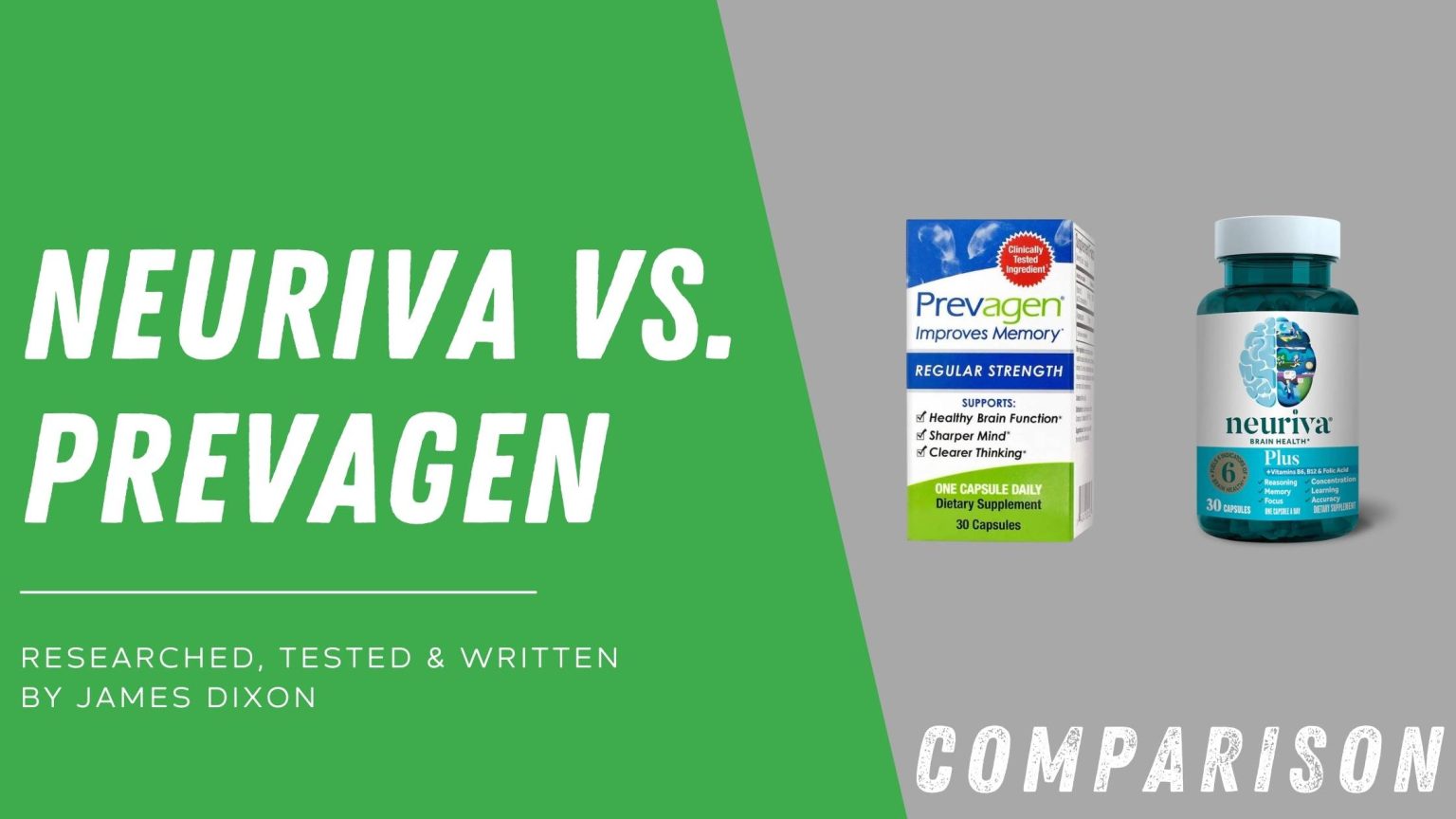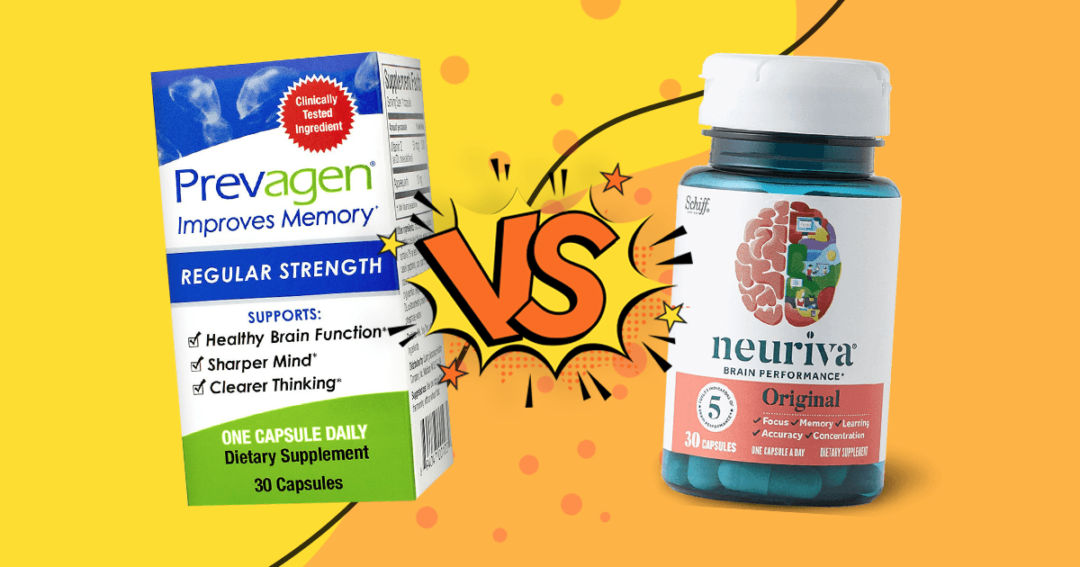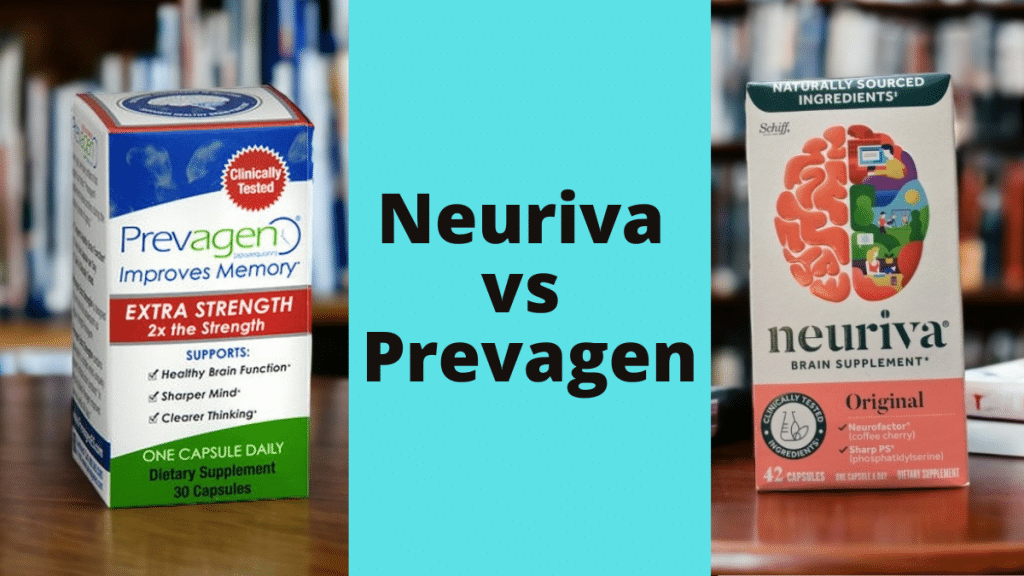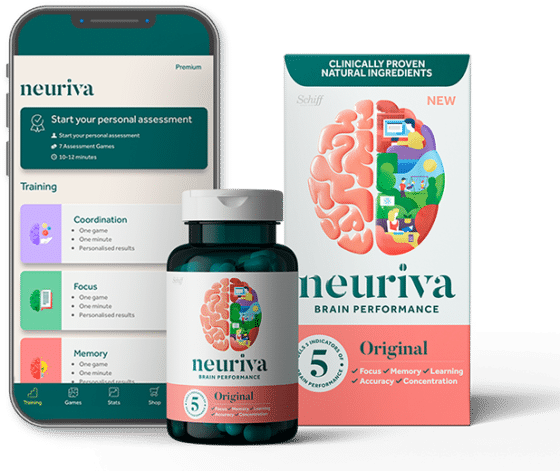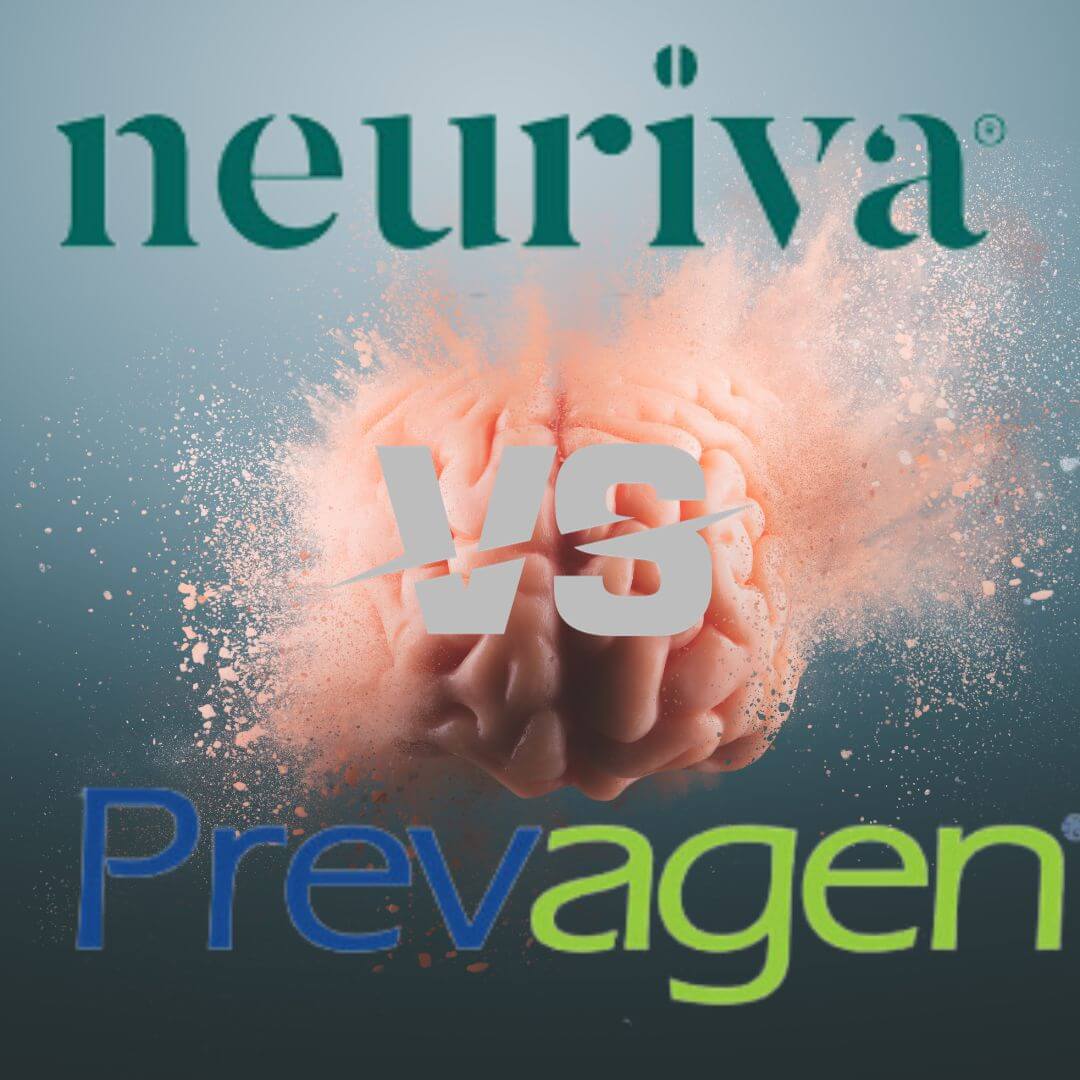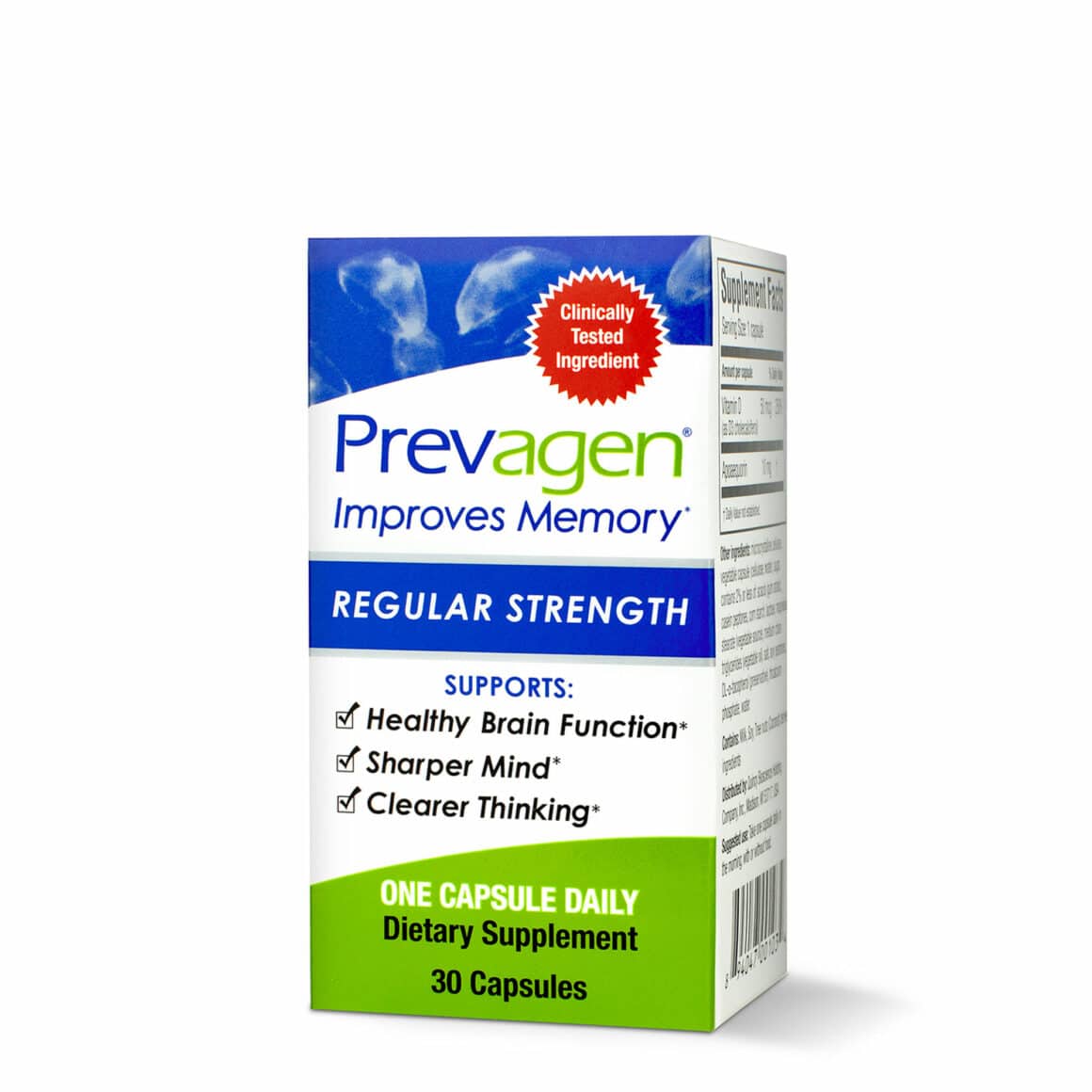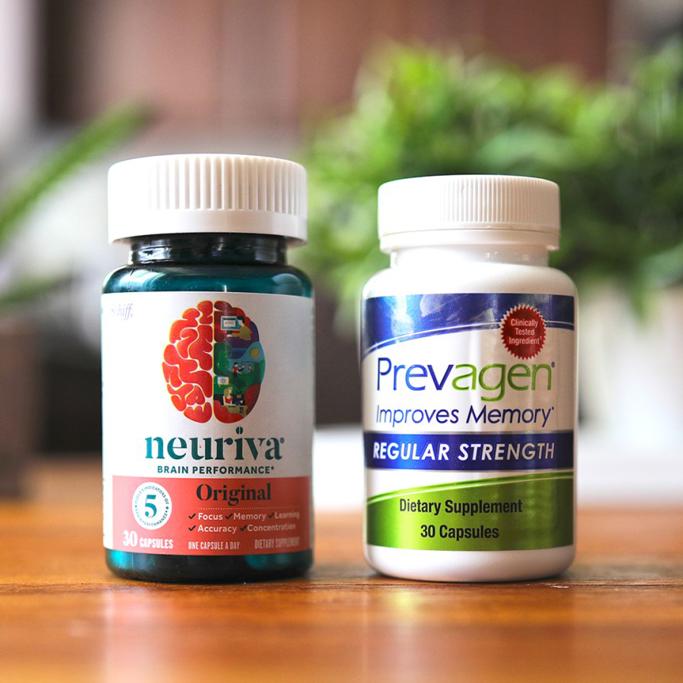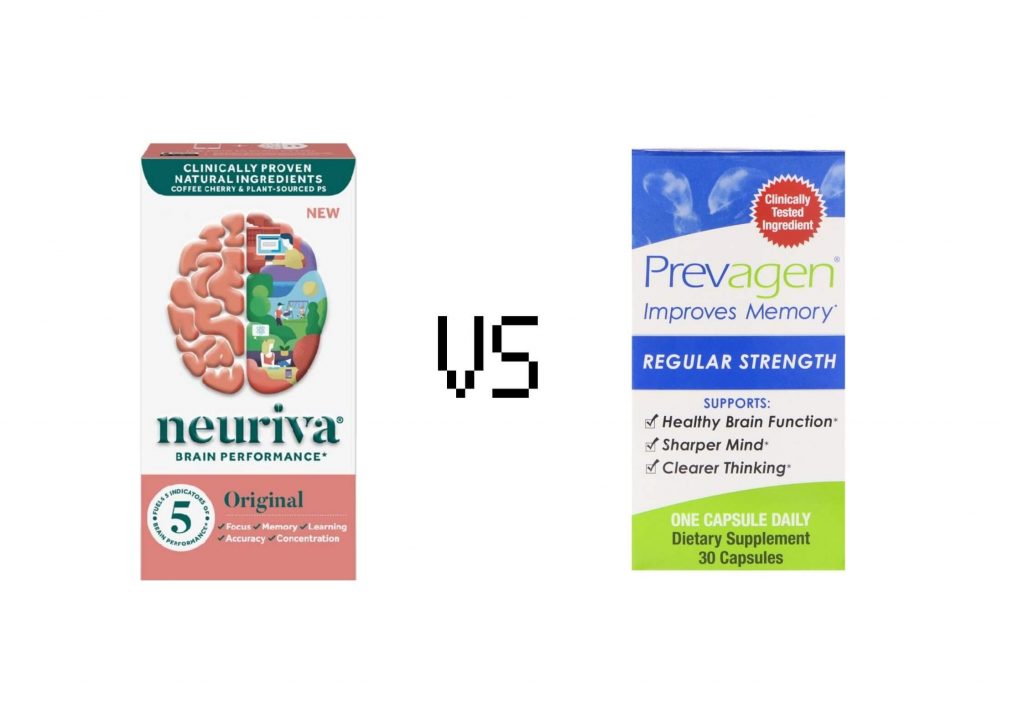What's The Difference Between Neuriva And Prevagen
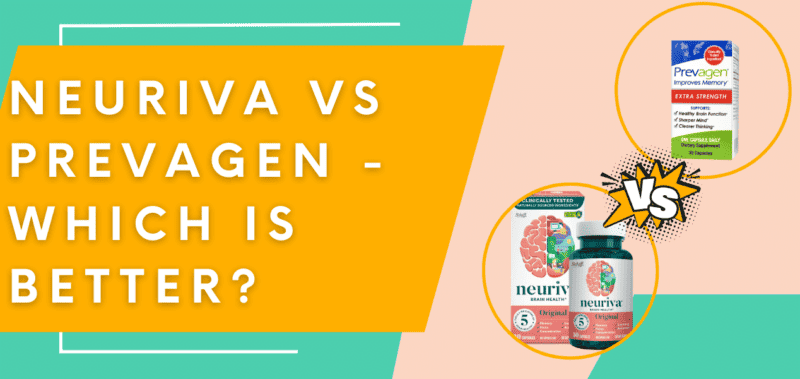
As the population ages, concerns about cognitive health and memory are on the rise, leading many to seek over-the-counter supplements promising to boost brain function. Two popular choices in this market are Neuriva and Prevagen, both heavily advertised and readily available.
But what exactly are these supplements, and what's the difference between them? This article delves into the ingredients, purported benefits, scientific evidence, and potential side effects of Neuriva and Prevagen to help consumers make informed decisions.
Understanding Nootropics and Cognitive Supplements
Neuriva and Prevagen fall under the umbrella of nootropics, substances that are claimed to enhance cognitive function. These supplements are marketed towards individuals looking to improve memory, focus, and overall brain health.
It is important to note that the U.S. Food and Drug Administration (FDA) does not regulate dietary supplements with the same stringency as prescription drugs. This means that manufacturers are not required to prove that their products are safe or effective before they are sold.
Neuriva: Ingredients and Claims
Neuriva's primary ingredients are Coffee arabica fruit extract (Neurofactor) and phosphatidylserine. Neurofactor is claimed to increase levels of brain-derived neurotrophic factor (BDNF), a protein that supports the growth and survival of neurons. Phosphatidylserine is a phospholipid that is a component of cell membranes.
The manufacturer of Neuriva claims that the supplement can improve accuracy, focus, memory, learning, and concentration. These claims are based on studies conducted by the company, which may be subject to bias.
Some studies suggest that Coffee arabica fruit extract may have antioxidant and anti-inflammatory properties. Research also indicates that phosphatidylserine may improve cognitive function in older adults.
Prevagen: Ingredients and Claims
Prevagen's key ingredient is apoaequorin, a protein originally found in jellyfish. The manufacturers claim that apoaequorin can protect brain cells from age-related decline by binding to calcium, a mineral that is essential for brain function but can become toxic at high levels.
Prevagen is marketed as a memory enhancer and is advertised to improve memory loss associated with aging. The company's claims are primarily based on a single, company-funded study known as the Madison Memory Study.
The Madison Memory Study has been criticized for its methodology and lack of transparency. Furthermore, independent studies have not consistently replicated the findings of the Madison Memory Study.
Comparing the Evidence
While both Neuriva and Prevagen cite scientific research to support their claims, the quality and quantity of evidence differ significantly. Neuriva has more published studies, although most are funded by the manufacturer.
Prevagen relies heavily on the Madison Memory Study, which has faced criticism from experts in the field. Independent researchers have not definitively validated the claimed benefits of apoaequorin.
The lack of independent, peer-reviewed research for both supplements raises concerns about the reliability of their claims. Consumers should approach these supplements with caution and consult with a healthcare professional before starting any new supplement regimen.
Potential Side Effects and Risks
Neuriva is generally considered safe, but some users have reported mild side effects such as headaches, nausea, and gastrointestinal discomfort. Individuals with caffeine sensitivity should be cautious due to the presence of Coffee arabica fruit extract.
Prevagen has also been associated with mild side effects such as dizziness, headaches, and nausea. More serious side effects, such as heart problems, have also been reported, although it is unclear if these were directly caused by Prevagen.
It is important to discuss any potential health risks with a doctor, especially if you have any pre-existing medical conditions or are taking other medications. Supplements can interact with medications and may not be suitable for everyone.
The Role of Lifestyle Factors
It's crucial to remember that supplements should not be seen as a substitute for a healthy lifestyle. A balanced diet, regular exercise, sufficient sleep, and cognitive stimulation are all essential for maintaining brain health.
Focusing on these foundational elements of well-being can often provide more significant and sustainable benefits for cognitive function than relying solely on supplements.
The Legal Landscape
In 2017, the Federal Trade Commission (FTC) and the New York Attorney General filed a lawsuit against Quincy Bioscience, the makers of Prevagen, alleging that the company made false and unsubstantiated claims about the supplement's ability to improve memory. The case is ongoing, adding to the skepticism surrounding Prevagen's efficacy.
Making an Informed Decision
Neuriva and Prevagen are both marketed as cognitive enhancers, but the scientific evidence supporting their claims is limited and often funded by the manufacturers. Consumers should carefully evaluate the available information and consult with a healthcare professional before using these supplements.
A healthy lifestyle, including a balanced diet, regular exercise, and cognitive stimulation, remains the most effective way to support brain health. It is essential to be wary of exaggerated claims and to prioritize evidence-based strategies for maintaining cognitive function.
While the allure of a quick fix for memory and cognitive decline is strong, a critical and informed approach is essential when navigating the complex world of brain health supplements.


